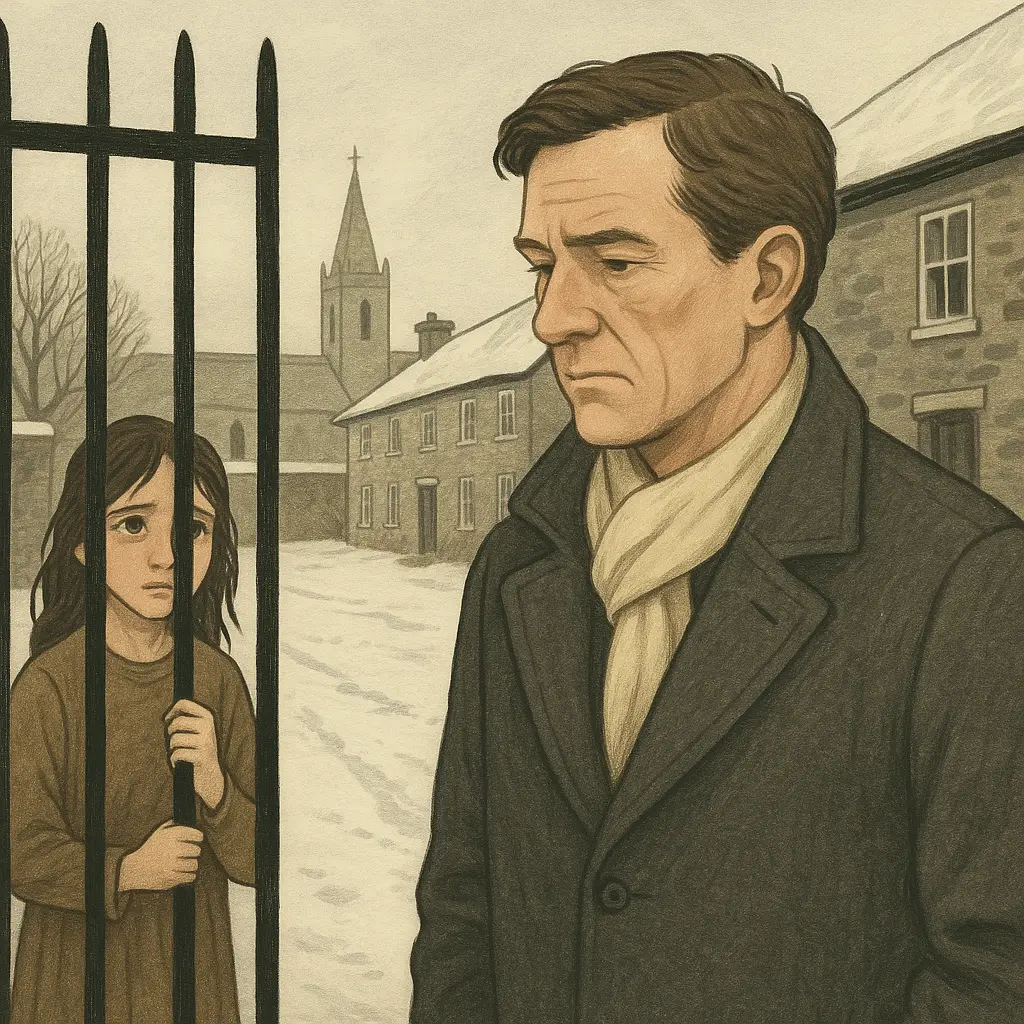Comparative Study – Small Things Like These Summary
General Vision and Viewpoint Small Things Like These Summary
The novel presents a world of silence, oppression, and moral conflict, where religious institutions hold power and people fear speaking out against injustice. However, it also offers hope and the possibility of change, as Bill Furlong chooses to help a young girl trapped in a Magdalene laundry. The ending suggests that acts of courage, even small ones, can make a difference, leaving the reader with a sense of quiet resistance and moral responsibility.
Cultural Context Small Things Like These Summary
Set in 1985 Ireland, the novel reflects a time when the Catholic Church had strong control over society, particularly over women and social norms. The Magdalene laundries symbolise institutional abuse, where vulnerable women were mistreated under the guise of morality. Economic struggles are also present, as many working-class families, including Bill’s, live in financial uncertainty, reinforcing the fear of challenging authority.
Theme or Issue Small Things Like These Summary
The novel explores themes of oppression, silence vs. Speaking out, morality, and personal responsibility. Bill Furlong’s journey highlights the conflict between self-preservation and doing what is right. The story critiques blind obedience to authority, showing that change begins with individual choices. Despite an uncertain future, the novel suggests that even small acts of kindness can challenge a corrupt system

- ✓H1 eBook Guide
- ✓Exam-focused webinars
- ✓Full H1 English notes
- ✓Essay templates & predictions
- ✓Essay grading & feedback
- ✓And much more!
